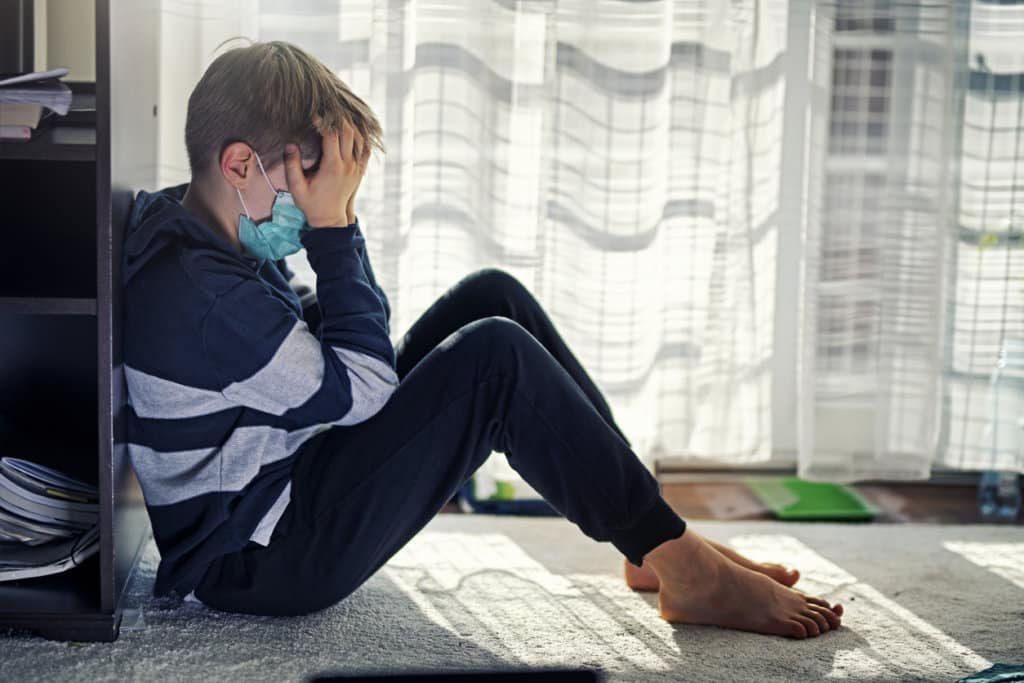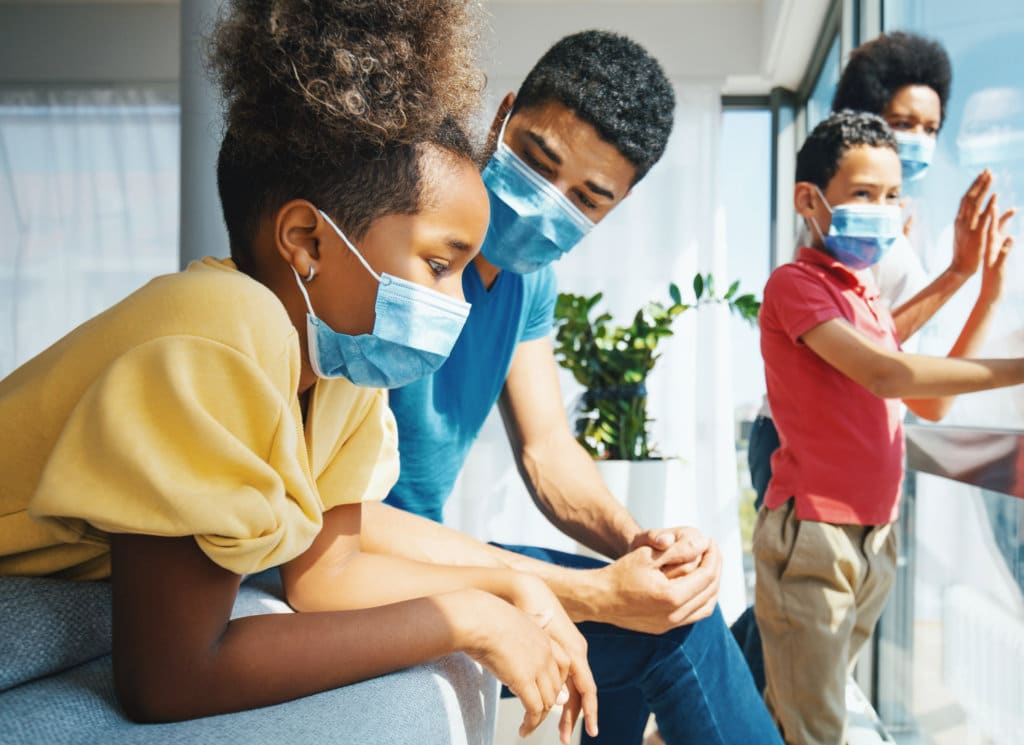By Joy Waelend, Education Lead at Antser
As the light at the end of the COVID-19 tunnel begins to appear, and the prospect of children returning to school full time is considered, there is one question which must be asked as this new phase of our journey begins. Quite simply: ‘What do our children now NEED from the world of education?’

There is currently a great deal of negative press around the impact the pandemic has had on many of our children and young people, not only in terms of mental health, loss of education, loss of a loved one, increased domestic violence and vulnerability, but also the projected loss of income they will suffer in future years because of the past 11 months of restrictions. These negative projections and statements are delivered with considerable passion and doom, persisting in writing a narrative for our children which determines their lives have been ‘ruined’ by COVID. However, a growing conversation is beginning to emerge among educational professionals arguing that our children will indeed ‘bounce back’. We must not underestimate their ability to do that, WITH our careful and highly effective guidance and support.
What do we already know?
According to Place2B, around three children in every primary school class now have a mental health problem and many more struggle with challenges from bullying to bereavement. The numbers are greater for secondary pupils. The impact of the pandemic on the mental health of our nation is currently grainy and will become clearer as schools fully re-open.
The pandemic has undoubtedly taken its toll. The findings of the survey of 1029 parents of children aged 5 – 18 years reveal almost one in six (15%) parents rated their child’s mental health as ‘poor’ or ‘very poor’, and 31% said it is ‘worse’ or ‘much worse’ than before the pandemic. Despite the stigma, half (50%) of parents said the pandemic has made them more likely to encourage their child to have counselling if they need it. Those figures relate only to the parents who responded to the questionnaire and we know that outside of that number there are tens of thousands of ‘hidden children’.
The Mental Health Foundation makes clear that there are increasing calls to understand the impact of lockdown, and the resulting partial school closures, on the mental health and wellbeing of children and young people during the pandemic. As current measures begin to ease, we require an understanding of what children and young people have really experienced during the lockdown as well as how they can all be best supported to resume their lives, or the ‘new normal’, over the coming months and maybe years. This understanding can help plan for the recovery of the lost learning by those working directly with children and young people.
Such responses are beginning to be formalised in other countries, such as New Zealand, where the government has published a national psychosocial and wellbeing recovery framework. Here in the UK, the government has announced the appointment of Sir Kevan Collins as ‘Education Recovery Minister’, whose role it will be to oversee the educational catch-up plan. However, before anything formal comes from him or central government in terms of a ‘master plan’, I would urge our school leaders to begin to think this through for themselves, in the context of their individual schools. Consideration of a simple question will enable them to build clarity around their own school situation and plan an effective strategy for the future of every one of their children: “What is it our children need to thrive, both now and in the future?”
So, what can we do?
Many professionals are beginning to express a deeply held conviction that we have arrived at a moment of opportunity and that returning to the ‘old’ manner of providing an effective education for our children needs to change. Strong leaders need to grab the chance to make that happen.
Our children will certainly recover from the past 11 months of disrupted learning IF we now properly and fully prepare for that discussion and authentically involve children in that discussion and planning. Schools need to avoid focusing on the missed content they will teach their children when they return and resist the temptation to simply look at the knowledge gaps which have inevitably opened and rush to fill them. Right now, schools and school leaders need to protect some time from the mountain of operational actions that need to be taken every day, to sit and have some open discussions about what children will really NEED from them to secure a thriving recovery from what has been an incredibly difficult time for the country. Let us begin the conversation now. Let us include our children and young people in that discussion. Let us aim to secure a very different future for our children, maybe even changing the whole of our education system for the better.
Working with Antser has given me the opportunity to begin to share these thoughts in a wider context with partners across the country. As an organization that is passionate about improving the life chances of every child, we are well placed to be a partner in the vital discussions which now need to take place. We are looking forward to supporting creative initiatives where children are at the heart and where the single mission is to enable each one of them to secure the future they truly deserve and, in doing so, shaping the most successful, brave, resilient, resourceful and generous generation of young people.


